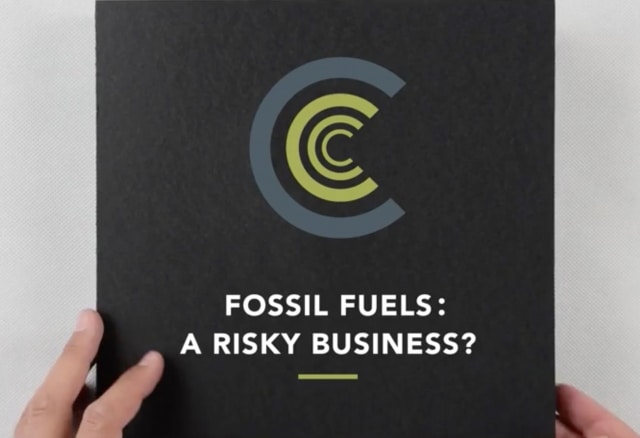The concepts of a ‘carbon bubble’ and ‘stranded assets’ may seem devilishly complex even for City slickers.
But the non-profit financial think tank Carbon Tracker has today released a video explaining the risks faced by investors in a way that a particularly astute child might well understand.
The film, Fossil Fuel: A Risky Business, was released on YouTube with the following statement: “The fossil fuel industry is inflating a ‘carbon bubble’ based on risky demand and price assumptions.
“Already under current climate policy settings, companies risk wasting over $1 trillion over the next decade.
“If the policy settings are ratcheted up to reflect a two-degrees target then the amount at risk rise dramatically to $20 trillion plus. Did you know that your money could be at risk too?”
We can only assume the production was made with recycled paper.
Subscribe to our newsletter
Stay up to date with DeSmog news and alerts







